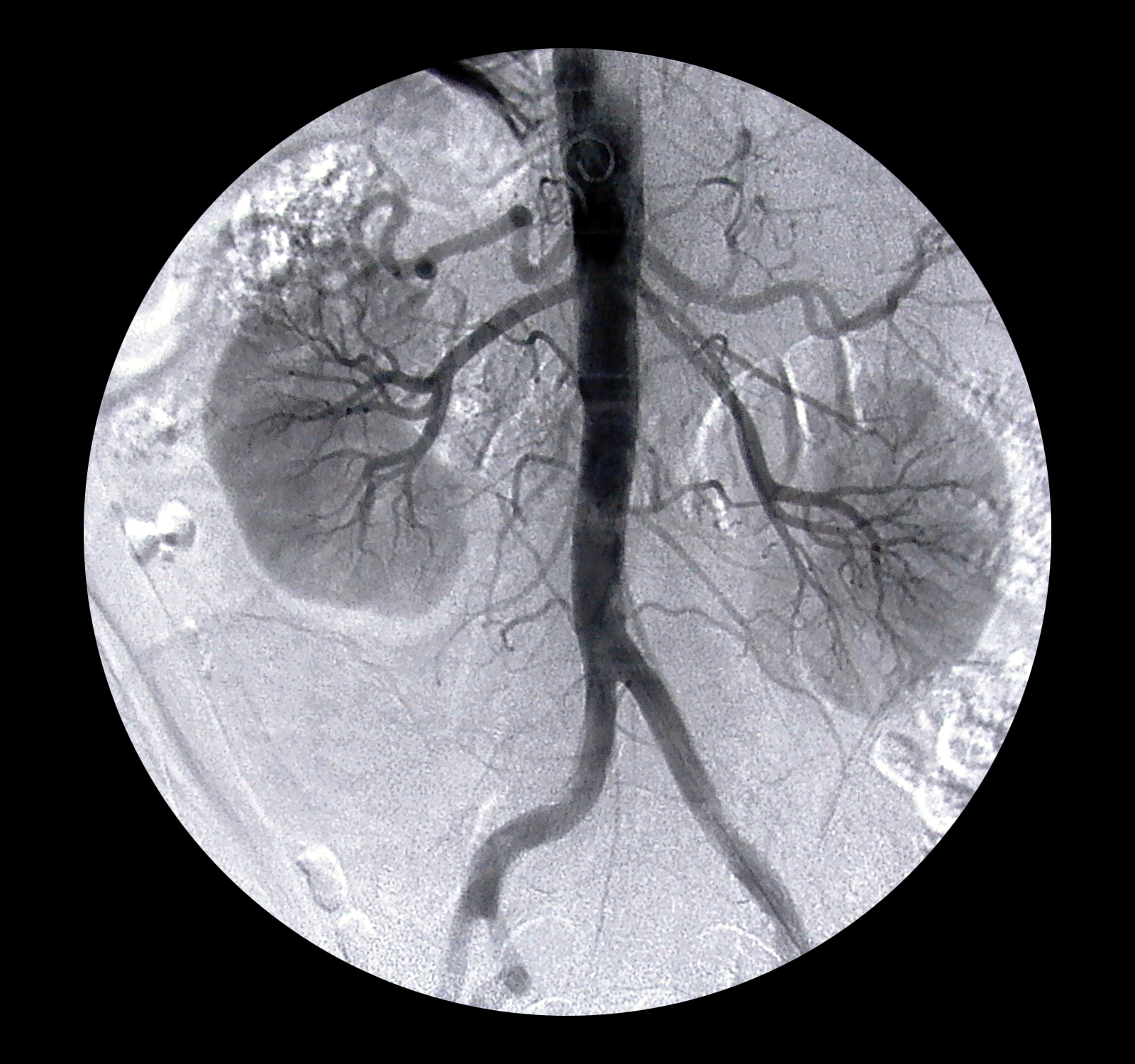
MONDAY, Feb. 11 (HealthDay News) — Women who have high blood pressure during pregnancy are at increased risk for heart disease, kidney disease and diabetes later in life, according to a new study.
The increased risk was seen even in women who had only one or two high blood pressure readings during their pregnancy, the researchers said.
“All of the later-life risks were similar in pregnant women who could otherwise be considered low-risk — those who were young, normal weight, nonsmokers, with no diabetes during pregnancy,” study lead author Dr. Tuija Mannisto, a postdoctoral fellow at the U.S. National Institute of Child Health and Human Development, said in a journal release.
“According to our findings, women who have had high blood pressure during pregnancy or who are diagnosed with high blood pressure in pregnancy for the first time might benefit from comprehensive heart disease risk factor checks by their physicians, to decrease their long-term risk of heart diseases,” Mannisto added.
It’s known that women with preeclampsia — a serious pregnancy-related disease marked by high blood pressure and protein in the urine — are at increased risk for heart and kidney disease.
This study looked at less serious forms of high blood pressure that are much more common in pregnant women. The study included Finnish women who had babies in 1966 and were followed for 40 years.
One-third of the women had at least one high blood pressure reading during pregnancy. These women were 14 percent to 100 percent more likely to develop heart disease later in life than those with normal blood pressure throughout their pregnancy, according to the study in the journal Circulation.
Women with any high blood pressure during pregnancy also had a two to five times increased risk of dying from a heart attack and a 1.4 to 2.2 times higher risk of developing diabetes. Women who had any high blood pressure, with and without measurable protein in the urine, during pregnancy had a 1.9 to 2.8 times greater risk of developing kidney disease later in life.
The study also found that women with high blood pressure during pregnancy but normal blood pressure after pregnancy still had a 1.6 to 2.5 times greater risk of having high blood pressure requiring medication or hospitalization later in life.
Mannisto said future research should explore whether lifestyle changes and post-pregnancy follow-up could change these women’s long-term health.
More information
The U.S. National Heart, Lung, and Blood Institute has more about high blood pressure during pregnancy.

